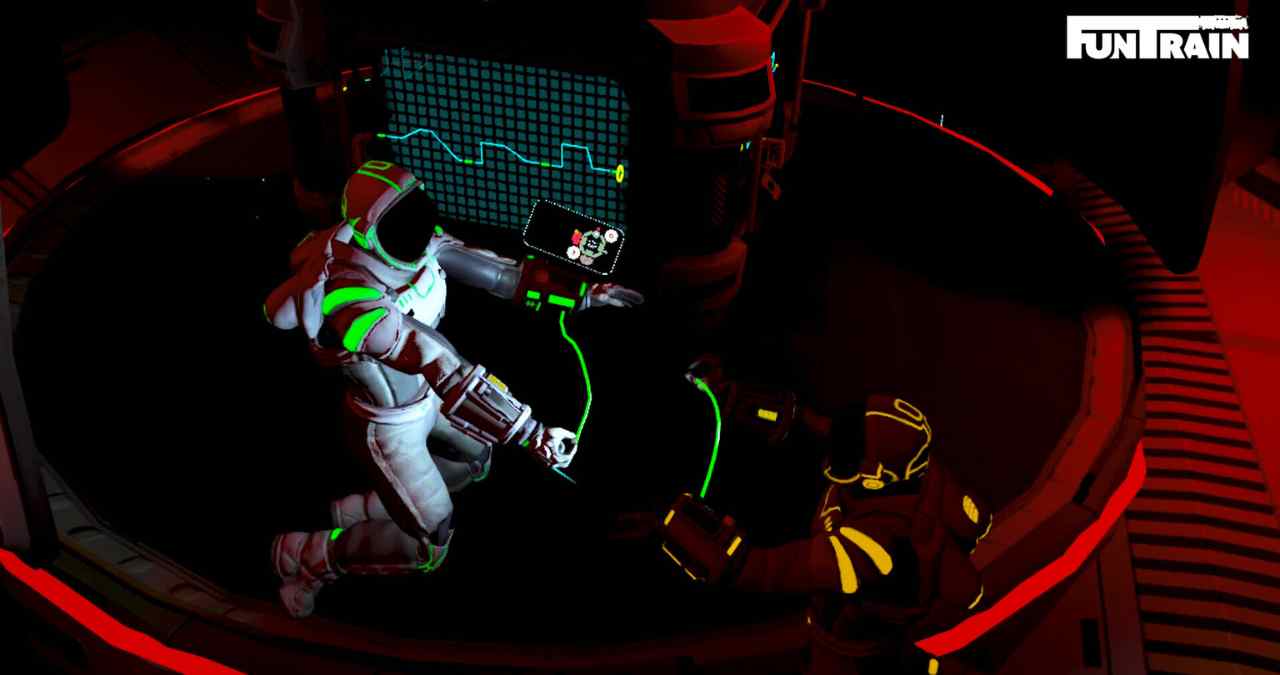Blackgate VR is stepping into early access on Meta Quest this month, offering players a tension-heavy mix of survival, horror, and exploration. Designed with a roguelike structure, the game throws you into a decaying world filled with supernatural threats and minimal hand-holding.
This isn’t a traditional narrative-driven horror experience. It’s structured around repeat runs, randomized layouts, and a growing understanding of how to survive longer if the atmosphere doesn’t get to you first.
Core gameplay loops around tension and discovery
At the center of Blackgate VR is a simple but effective loop: explore, gather resources, avoid or confront threats, and escape. But every run resets the map, forcing players to rethink their approach each time. Item placement, enemy spawns, and escape routes are all procedurally generated.
You’re not armed to the teeth. The game keeps combat rare and risky, encouraging stealth, timing, and creative use of your limited tools. Movement is room-scale or stick-based, with no gimmicky teleportation making close calls feel physical in all the right ways. That combination of unpredictability and scarcity pushes the focus onto survival strategy over reflexes.
Visual style blends decay with minimalism
Blackgate doesn’t chase realism. Its aesthetic is more stylized decay than photoreal gore, with environments that feel heavy and silent more than cluttered. Lighting does most of the mood work, using flickers, deep shadows, and small-scale spaces to heighten the pressure.
You’ll find yourself in crumbling halls, flooded basements, and abandoned medical rooms, but nothing feels overdesigned. The restraint helps the game avoid the campiness that often hits lower-budget horror titles. It’s bleak, but controlled. That restraint also helps performance stay stable on standalone hardware especially important given the procedural structure.
Early access focused on refinement, not scale
The early access release isn’t pretending to be final. Right now, Blackgate is launching with a contained but repeatable experience, with more content planned post-launch based on player feedback. The focus is clearly on tuning mechanics and player flow rather than overloading the game with unfinished features.
Things like difficulty balance, AI behavior, and progression systems will likely shift quickly once players start breaking the current builds. The devs have already hinted at expanding level types, adding new tools, and layering in more persistent progression between runs. It’s not a sandbox. It’s a tight design loop that needs community input to sharpen which makes early access feel earned here.
A VR horror project leaning into systemic fear
Blackgate VR isn’t trying to be loud. There are no overblown cutscenes, no jump scare montages. It’s a small, controlled experience that uses darkness, randomness, and fragility to keep you uncomfortable. What you don’t know is the scariest part and each run reminds you of that.It lands in the same emotional zone as The Persistence or Cosmodread, where the tension builds not from scripted sequences but from the systems themselves.
For players who like their VR horror slow-burning and reactive, Blackgate could become one of the more interesting entries on the Quest store this year even in unfinished form.
Virtual Reality Explorer & Game Reviewer
Always the first to plug in. VRSCOUT dives head-first into the most immersive VR worlds, analyzing mechanics, comfort, innovation, and that elusive “presence” factor. If he says it’s worth it, it probably is.




